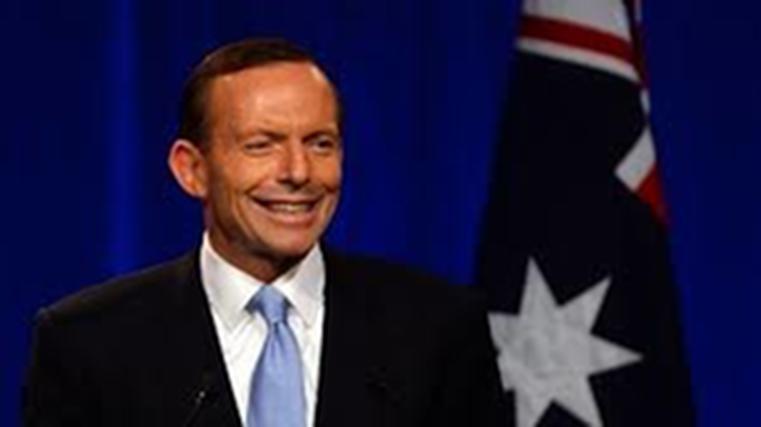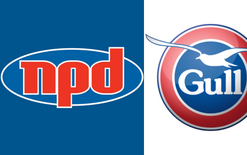Australia and Japan trade deal

Prime Minister Tony Abbott has secured a free-trade agreement between Australia and Japan worth billions of dollars over the next 20 years. The deal will be subject to “lawyering” on both sides before being given final parliamentary scrutiny in each country. Prime Minister Tony Abbott has secured a free-trade agreement between Australia and Japan worth billions of dollars over the next 20 years. The deal will be subject to “lawyering” on both sides before being given final parliamentary scrutiny in each country. The agreement will make Japanese motor vehicles and other high-tech goods cheaper in across the Tasman and substantially free up exports of Australian dairy, beef, wine, sugar and a range of services. Three-quarters of Japanese cars will be freed from Australia’s existing five per cent tariff, with remaining vehicles becoming tariff-free after three years. The tariff had only existed to protect the domestic vehicle-making industry, which will be gone in three years’ time. The government is predicting retail purchase prices should drop by about $1,500 on average. Australian manufacturers of car parts will lose the protection of tariffs applied to Japanese competitors, albeit over a longer five-year phase-in to give them more time to feed into the global supply chain. The country’s cultural and economic staples of beer, lamb, wool and cotton will also attract zero tariffs. In a communique released after the bilateral discussion, the leaders of the two countries described the free-trade agreement the most significant economic accord between the two since 1957. They confirmed they would proceed with work to sign the deal as quickly as possible. Officially known as the Japan-Australia Economic Partnership Agreement, it was confirmed by Trade Minister Andrew Robb in Tokyo on Monday afternoon. Abbott made an election pledge to achieve free trade deals with key regional partners within 12 months of taking office. John Howard first kicked off the negotiations with Tokyo in 2007 – his final year in office. The talks have been slow. Before the planned withdrawal of Australia’s remaining car manufacturers, Holden, Ford and Toyota, which will quit the country over the few years – a development that followed the election of the Abbott government last year – Australian governments have also been conscious of the need to provide some protection for local manufacturing. Labor welcomes the conclusion of the agreement, but said it would be scrutinising the details. The opposition says it will be concerned if the deal contains “investor state dispute settlement provisions” – provisions that potentially allow Japanese firms to take the Australian government to court, and which are controversial with free-trade opponents.





